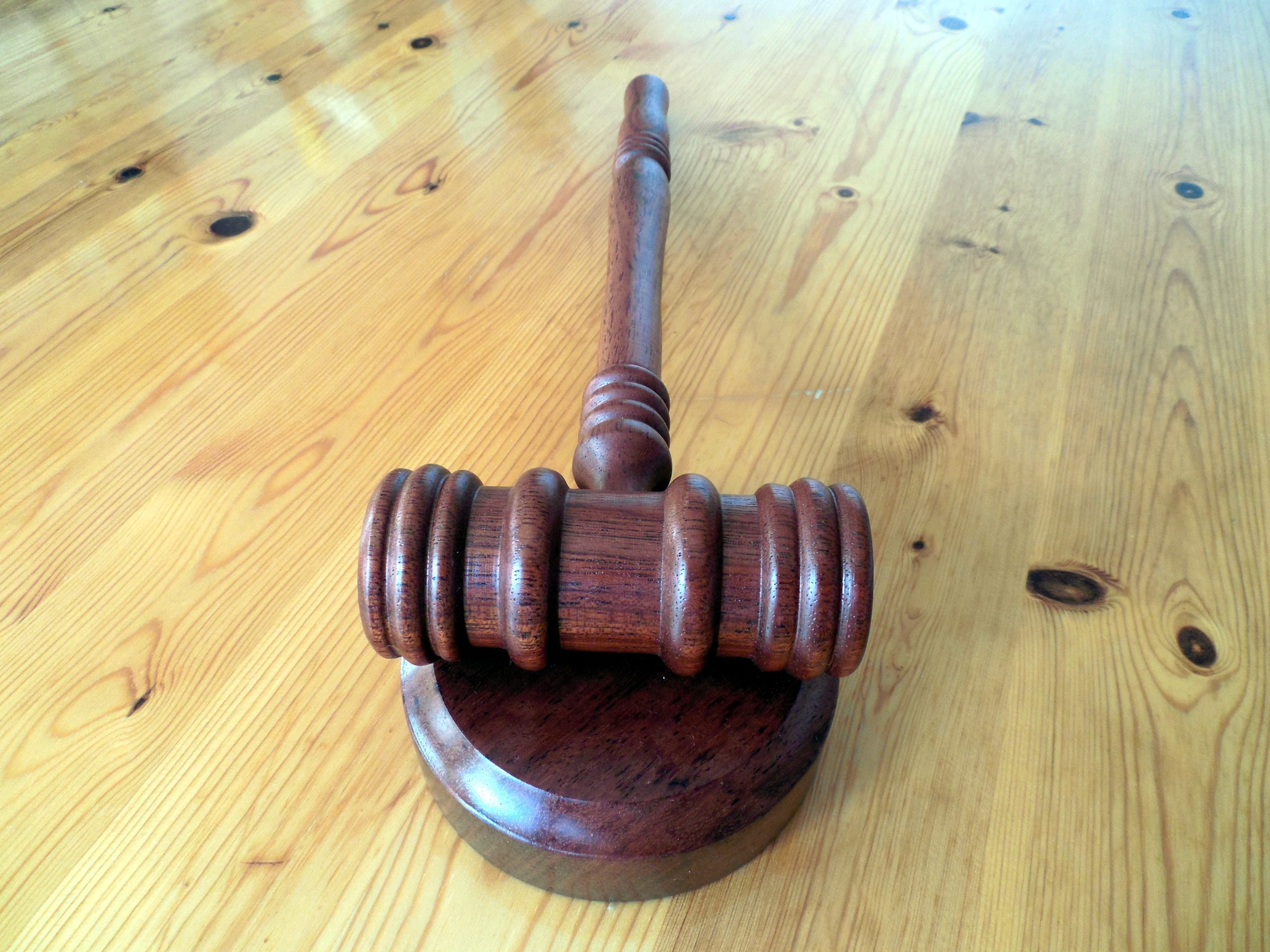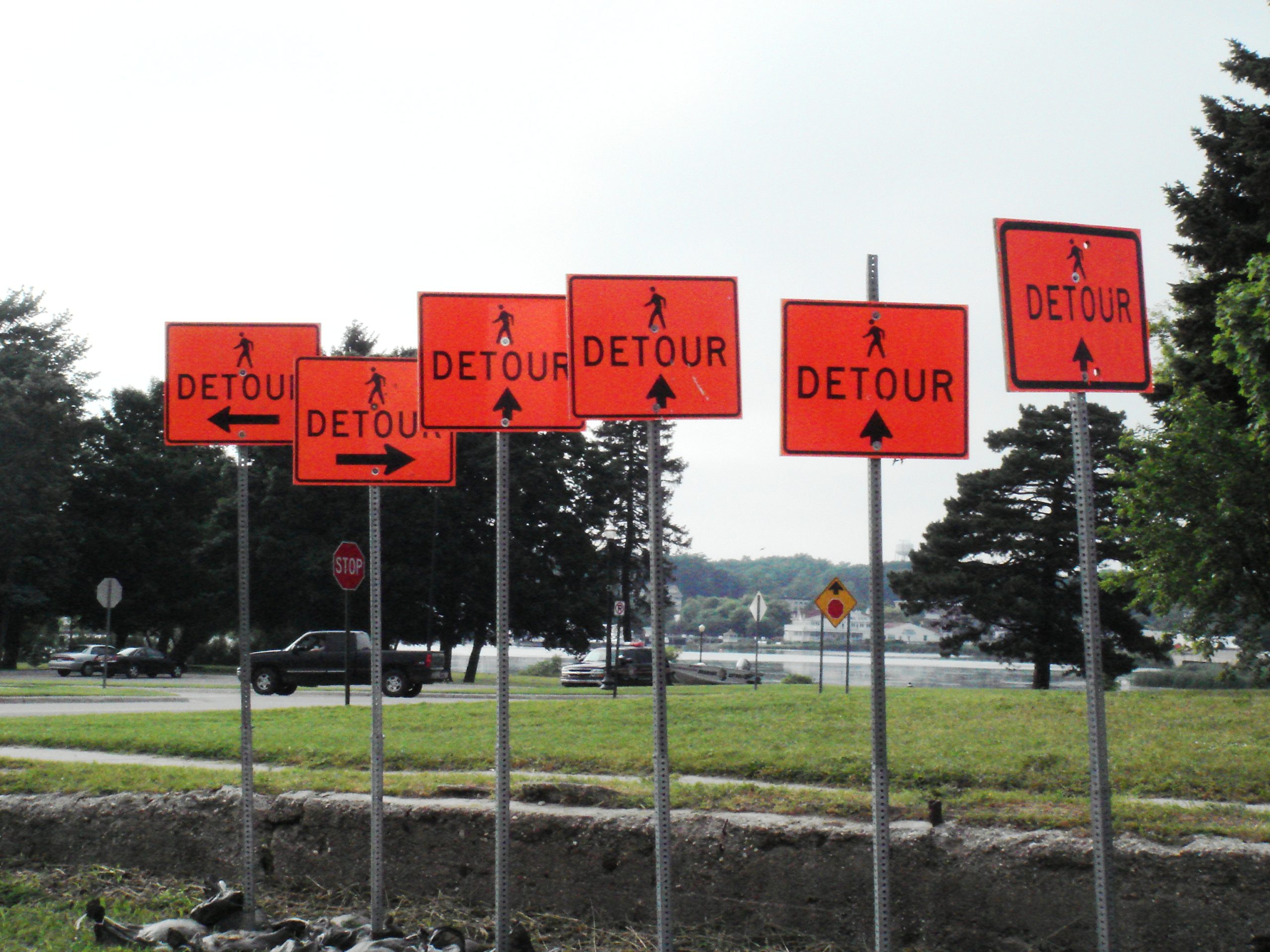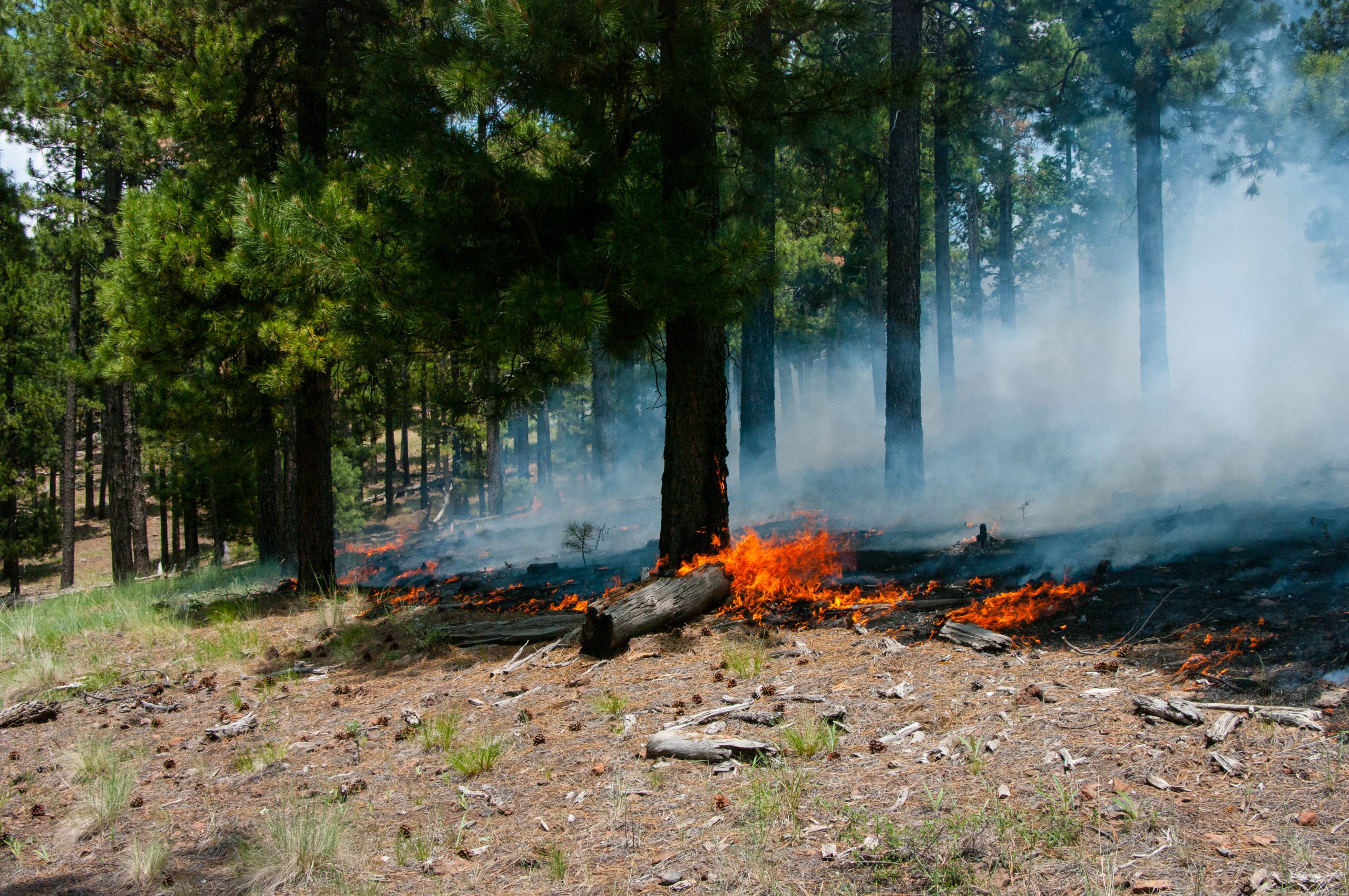 Nothing is more tragic than the loss of life. However, that loss can be tempered somewhat if insurance is in place that provides some financial compensation. While money cannot substitute for the loss of love and companionship that a spouse gives, it can at least provide some help with the bills and, therefore, one less thing to worry about when grieving. But what happens when the insurance company refuses to pay your claim? The following lawsuit in Tangipahoa, Louisiana, discusses these issues in the context of a car accident, uninsured motorist coverage, and the refusal of State Farm to pay the claim.
Nothing is more tragic than the loss of life. However, that loss can be tempered somewhat if insurance is in place that provides some financial compensation. While money cannot substitute for the loss of love and companionship that a spouse gives, it can at least provide some help with the bills and, therefore, one less thing to worry about when grieving. But what happens when the insurance company refuses to pay your claim? The following lawsuit in Tangipahoa, Louisiana, discusses these issues in the context of a car accident, uninsured motorist coverage, and the refusal of State Farm to pay the claim.
As Jerry and his wife Lois Draayer drove down Interstate 55 in Pike County, Mississippi, a motorist struck the couple. Unfortunately, that driver had both crossed the median and lacked sufficient insurance. The underinsured motorist was Russel Allen, and Lois Draayer tragically died from the collision.
Lois’s family brought a lawsuit against Allen, his automobile liability insurer (Progressive Insurance Company), and named their insurer, State Farm, which they claimed provided Lois with UM coverage. The Draayers added State Farm to the suit to ensure financial recovery for Lois’s death.
 Insurance Dispute Lawyer Blog
Insurance Dispute Lawyer Blog


 The lawsuit process can be expensive between investigation, preparation for trial, and the trial itself. This is on top of the emotional rollercoaster of events that have given rise to a lawsuit in the first place. Unfortunately, sometimes a plaintiff may lose at trial and be hit with all the litigation costs for both parties. The following case shows how those costs are within the court’s discretion.
The lawsuit process can be expensive between investigation, preparation for trial, and the trial itself. This is on top of the emotional rollercoaster of events that have given rise to a lawsuit in the first place. Unfortunately, sometimes a plaintiff may lose at trial and be hit with all the litigation costs for both parties. The following case shows how those costs are within the court’s discretion. Everyone wants to emerge victorious after their day in court, but occasionally the jury will refuse to award the judgment you deserve. When a person loses their case at trial, they can appeal it to a higher court. The appeal process allows for a narrow reconsideration of a case to assure that the lower court got to the correct answer; if the appeals court finds that the lower court did not get the correct answer, they can amend the lower court’s judgment, including the calculation of damages.
Everyone wants to emerge victorious after their day in court, but occasionally the jury will refuse to award the judgment you deserve. When a person loses their case at trial, they can appeal it to a higher court. The appeal process allows for a narrow reconsideration of a case to assure that the lower court got to the correct answer; if the appeals court finds that the lower court did not get the correct answer, they can amend the lower court’s judgment, including the calculation of damages.  Court cases are contentious, polarizing atmospheres between the parties. Stubbornness is ripe, and the opposing parties are staunchly in, unsurprisingly, opposition. However, sometimes even opposing parties can agree. Any party can take issue with a court’s judgment, and sometimes ALL parties can take issue with a court’s decision–even if these issues are different. But when multiple parties raise various errors in a trial court judgment, how can the higher courts resolve such allegations of error?
Court cases are contentious, polarizing atmospheres between the parties. Stubbornness is ripe, and the opposing parties are staunchly in, unsurprisingly, opposition. However, sometimes even opposing parties can agree. Any party can take issue with a court’s judgment, and sometimes ALL parties can take issue with a court’s decision–even if these issues are different. But when multiple parties raise various errors in a trial court judgment, how can the higher courts resolve such allegations of error? Before taking on one of the nation’s largest, leading automotive manufacturing companies, it is essential to consult an excellent attorney with knowledge of the Federal Court system. The importance of following the deadlines set by the Court in that system cannot be understated. Unfortunately, the lesson of how critical it is to follow court deadlines came to bear a harsh reality for the children of two deceased car accident victims in the following case.
Before taking on one of the nation’s largest, leading automotive manufacturing companies, it is essential to consult an excellent attorney with knowledge of the Federal Court system. The importance of following the deadlines set by the Court in that system cannot be understated. Unfortunately, the lesson of how critical it is to follow court deadlines came to bear a harsh reality for the children of two deceased car accident victims in the following case.
 When finding yourself as a defendant in a lawsuit, you will want to limit your liability as much as possible. Your liability could be altered when a co-defendant is found to be at fault for the injuries to a certain extent. However, when one defendant is dismissed before the trial begins, can another defendant seeking to split the fault appeal the decision? A case arising out of St. Charles Parish aims to answer this question.
When finding yourself as a defendant in a lawsuit, you will want to limit your liability as much as possible. Your liability could be altered when a co-defendant is found to be at fault for the injuries to a certain extent. However, when one defendant is dismissed before the trial begins, can another defendant seeking to split the fault appeal the decision? A case arising out of St. Charles Parish aims to answer this question. Driving poses undeniable risks. However, travelers may need to consider how unsafe a barrier curb may be in certain situations. When is the state liable for these conditions? A case from the St. John Baptist parish considered how the state department of development and transportation was at fault for construction risks that contributed to an accident.
Driving poses undeniable risks. However, travelers may need to consider how unsafe a barrier curb may be in certain situations. When is the state liable for these conditions? A case from the St. John Baptist parish considered how the state department of development and transportation was at fault for construction risks that contributed to an accident. 
 Car accidents are traumatic experiences that occur every day across Louisiana. An accident can cause initial damage upon impact, but many accident victims also spend months and sometimes years coping with accident-related injuries.
Car accidents are traumatic experiences that occur every day across Louisiana. An accident can cause initial damage upon impact, but many accident victims also spend months and sometimes years coping with accident-related injuries.